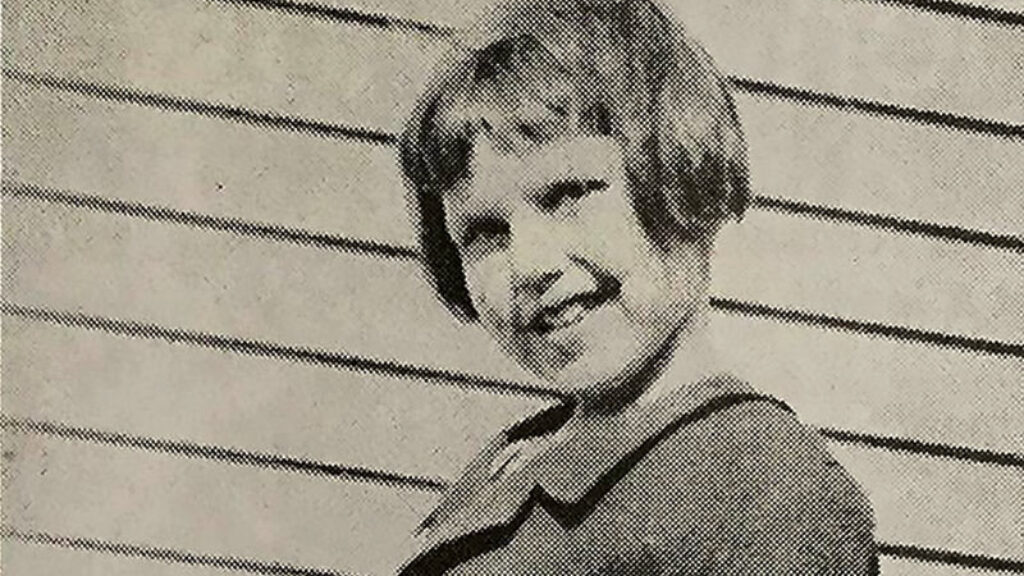
The Mayor and the Massena Blood Libel
When State Trooper Corporal H. M. “Mickey” McCann asked if it was true that Jews offered human sacrifices on holy days, the diminutive rabbi responded with a tongue-lashing that may have reminded McCann, a veteran of the Great War, of his drill sergeant.
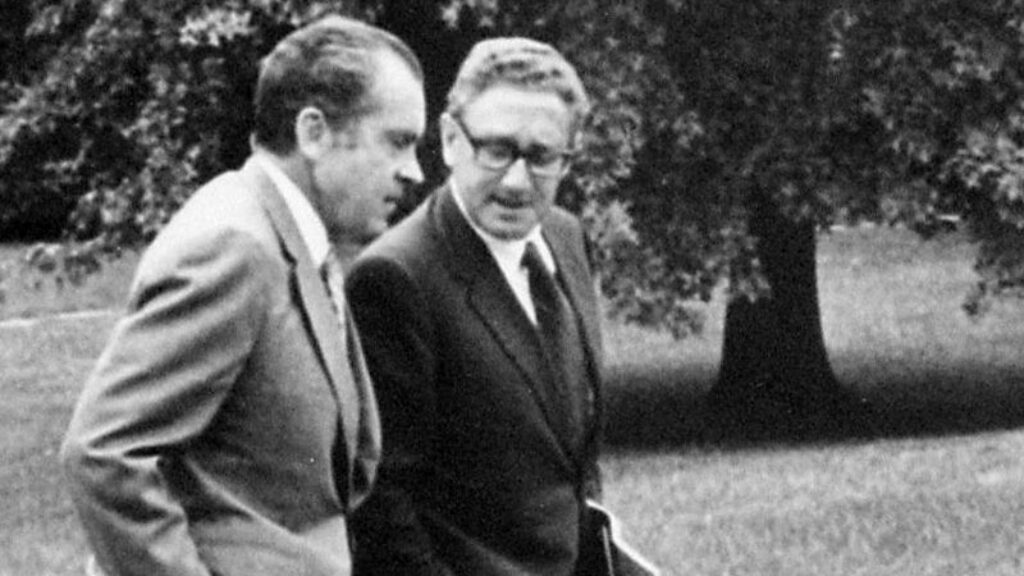
Tragedy and Power
Barry Gewen’s new book argues that Henry Kissinger's "hardheaded Realism” was born of his family’s tragic experience in Nazi Germany.
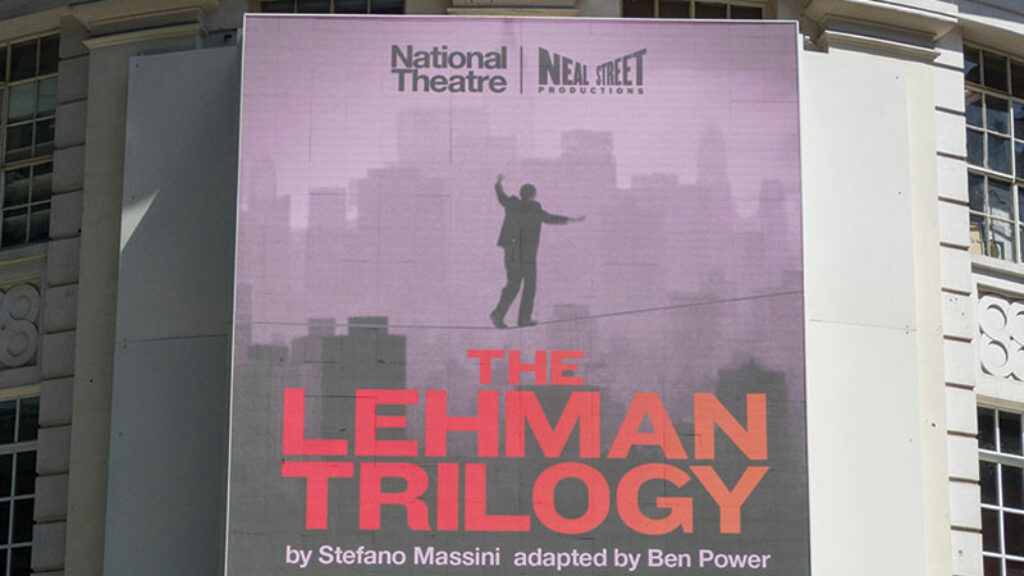
All That Is Solid
The Lehman Trilogy, both the novel and the play, are mythic in scale, using three generations of the Lehman family (one per section of the “trilogy”) as characters in a didactic pageant about capitalism, America, modernity—and Jewishness, which plays an unsavory role in the proceedings.
Letters, Fall 2020
The Coffee a Good Schmooze Demands, Unjustified Resentment, Whose True Voice?, and Yesterday's Today
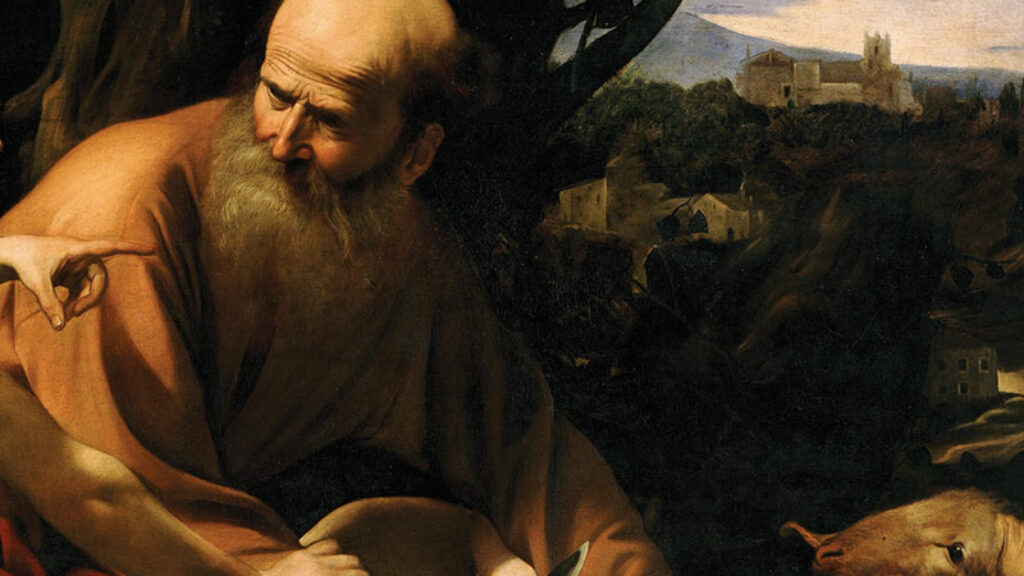
Take Your Son . . .
A new book about the interpretation of the most terrifying verses in the Hebrew Bible.
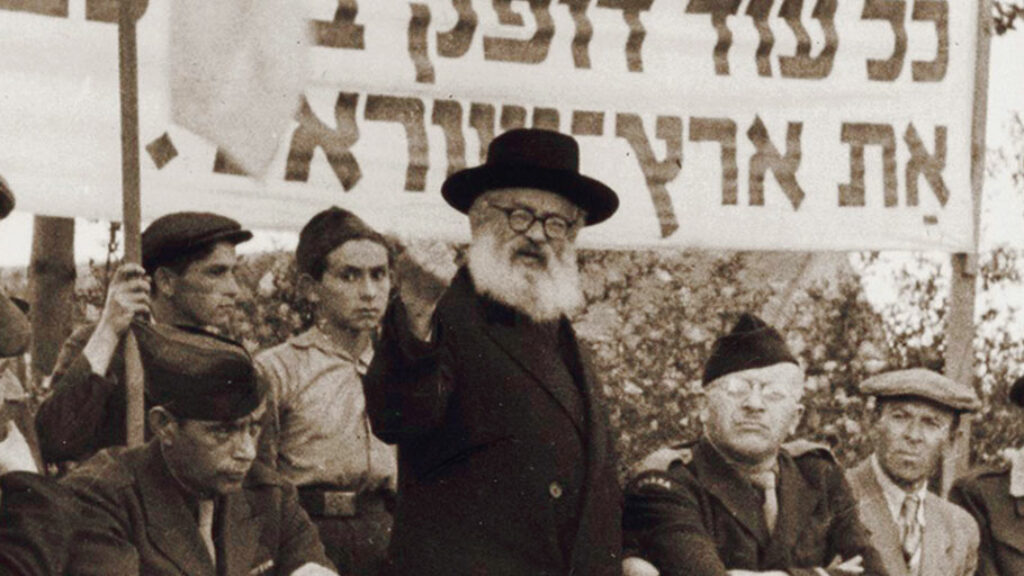
Ireland and the Promised Land
Why isn’t Israel more like America, Jews from that country wonder. In his ambitious new book, Alexander Kaye instructively raises the question of why Israel isn’t even less like the United States.

Belt, Road, and Risk
When Prime Minister Netanyahu visited the White House in 2019, President Trump was said to have put the same point more bluntly: Washington’s security will be compromised if Jerusalem and Beijing grow too close.
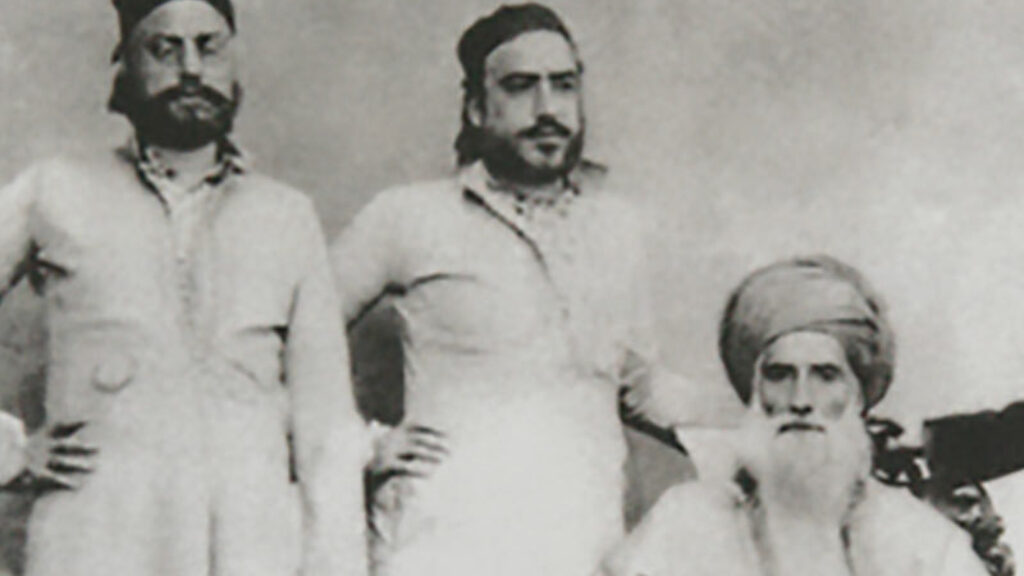
Crazy Rich Sephardim
For a time, Shanghai soared along with these unusual Ottoman Jewish émigrés, the Sassoons and the Kadoories.

The Professor and the Con Man
The saga of the papyrus that became famous as the Gospel of Jesus’s Wife began with an email sent to Karen King, a distinguished Harvard professor, in July 2010. The subject line read, simply, “Coptic gnostic gospels in my collection.”

Waltham Intellectuals
Stephen Whitfield’s group portrait of a large number of men and women of the Left who taught and studied at Brandeis from its inception at the end of the 1940s to the present is as attentive to the personalities of his subjects as it is to their ideas.